Gukurahundi fear persists . . . Communities still afraid to open up on atrocities
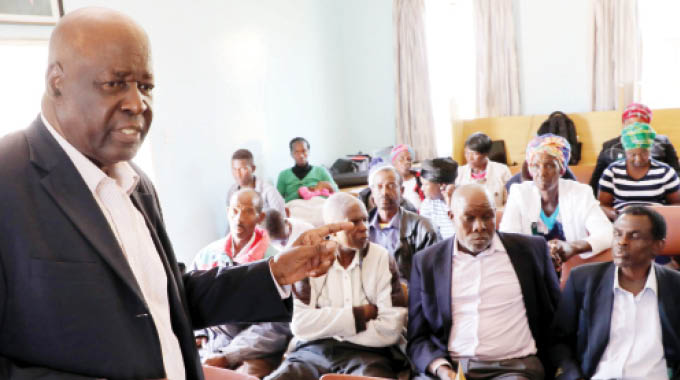
Nqobile Tshili, Chronicle Reporter
COMMUNITIES in Matobo District, Matabeleland South are still afraid to open up on the Gukurahundi atrocities resulting in some of them failing to access national documents, a Zimbabwe Human Rights Commission official said yesterday.
Speaking at a mop up exercise on the access to documentation at Matobo Rural District Council offices in Maphisa, ZHRC commissioner Japhet Ndabeni Ncube had to nudge people to speak about Gukurahundi.
He continuously assured them they would not be victimised for speaking out on the atrocities as the authorities wanted to establish the truth in order to assist them.
After assurances, a few people opened up and an elderly woman broke down as she narrated the circumstances leading to the disappearance of her father during the disturbances.
“I had to bribe my way to get a national identity card but up to now I don’t have a birth certificate as I lost it when we were running away from Gukurahundi in Tsholotsho. When I tried to get another birth certificate, I was told to bring witnesses to confirm my father’s disappearance and death. My uncle refused to go and testify on my behalf saying he was afraid to reveal that his brother disappeared during Gukurahundi,” said the elderly woman, as she broke down prompting ZHRC officers to excuse her from the meeting.
Commissioner Ncube said ZHRC was out to understand how Gukurahundi had affected the people and the elderly woman’s reaction was understandable.
Another woman also shared how her father disappeared during the night and was never seen again.
She said she was only 10 years old at the time and up to now they have tried without success to get his death certificate.
“When we tried to get his death certificate to address some of the family problems, we were asked to bring proof of his death. We don’t know what happened to him but we suspect he was killed by the people who took him away,” she said.
What emerged during the meeting was that most people were afraid to talk about the subject.
Some of the participants said during election campaigns, some politcians intimidated them by reminding them of the Gukurahundi attrocities if they dared to vote ‘wrongly’.
Comm Ndabeni Ncube said: “What is clear is that you are afraid to speak about Gukurahundi artrocities but we are saying there is nothing to fear. We are supposed to make recommendations to Government on how you can be assisted hence it is important for you to open up that there is an appreciation of what you went through.”
Some people said they were free to open up to their traditional leaders and then the commission can then engage the leaders to get information.
One of the traditional leaders said some of the people do not want to be reminded about the dark past by being interrogated before being issued with national documents.
“People just want you to assist them get the national documents without being subjected to a lot of questions that remind them about the Gukurahundi atrocities,” he said.
Another traditional leader who asked not to be named said many people do not want to revisit the horrors of Bhalagwe camp, for example, where people were killed and dumped in disused mine shafts.
“Some people were dragged out of their homes at night and thrown down the shafts while they were still alive hence many are still afraid to discusss the atrocities,” he said.
ZHRC chairperson Dr Elasto Mugwadi said the commission will meet the tradiional leaders as suggested by some people.
“We will set up a date to meet traditional leaders that include the village heads, headmen and chiefs so that we explain our programme to them. We have realised that communities need to be sensitised on our programme. We want communities in this area to open up so that they can get national documents,” said Dr Mugwadi.
President Mnangagwa has encouraged citizens to publicly debate the Gukurahundi atrocities as it is not a taboo subject. The National Peace and Reconciliation Commission is already assisting affected communities in their healing process. — @nqotshili

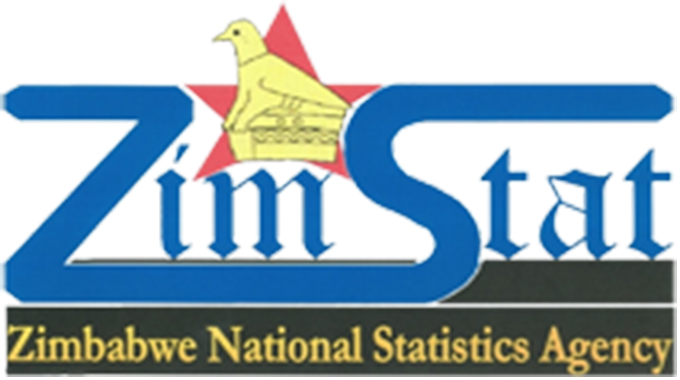
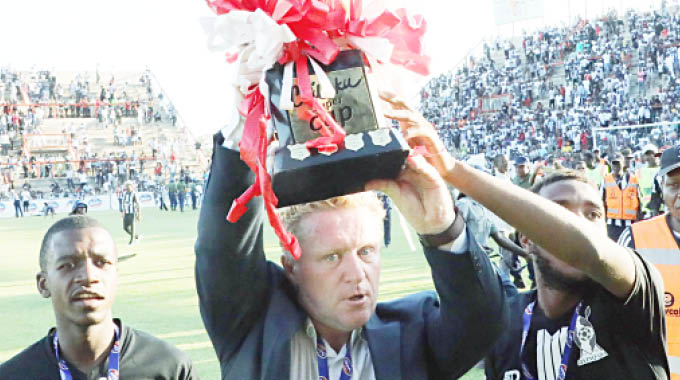
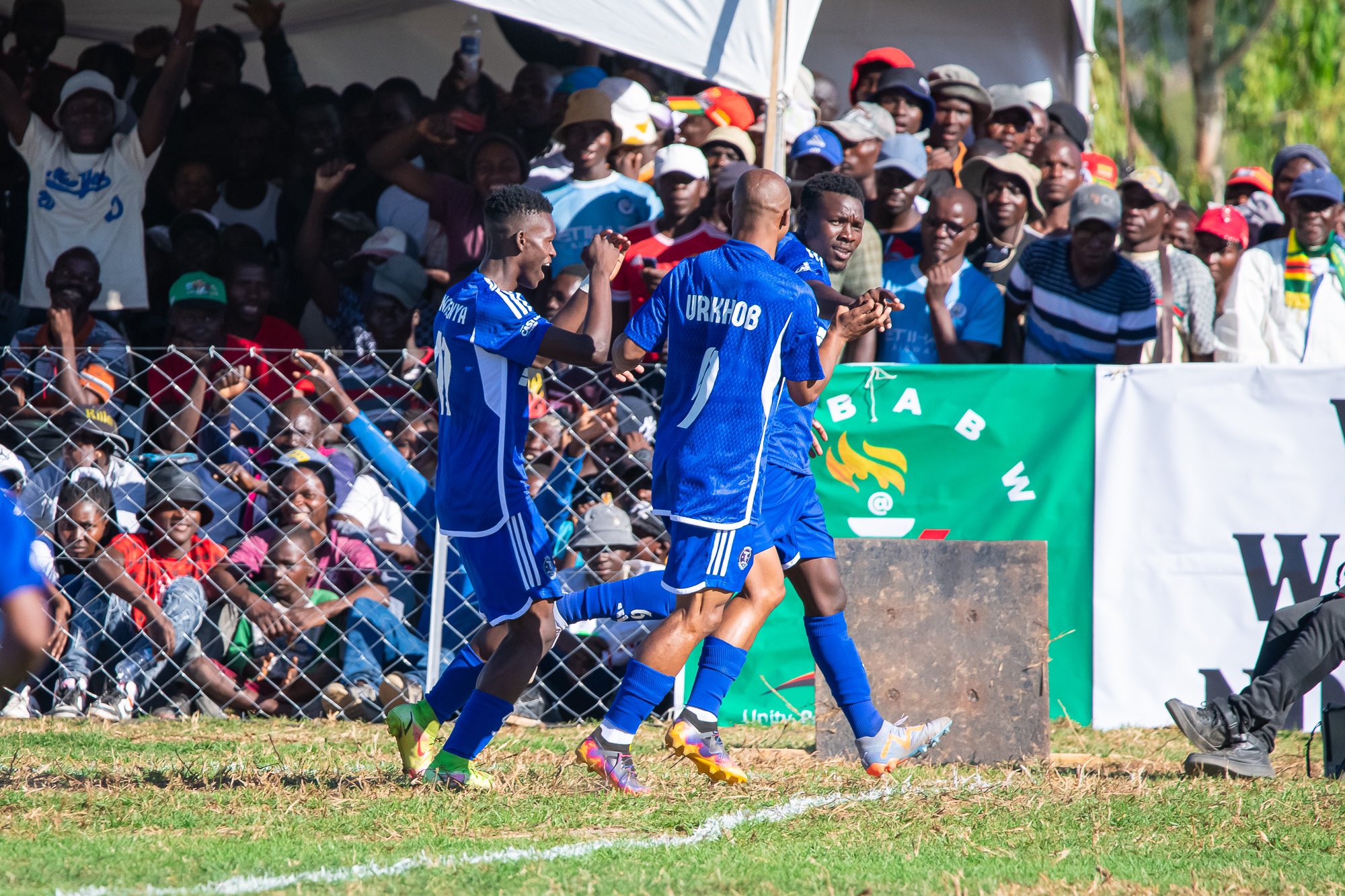

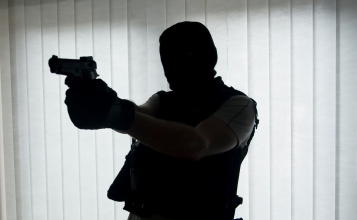





Comments